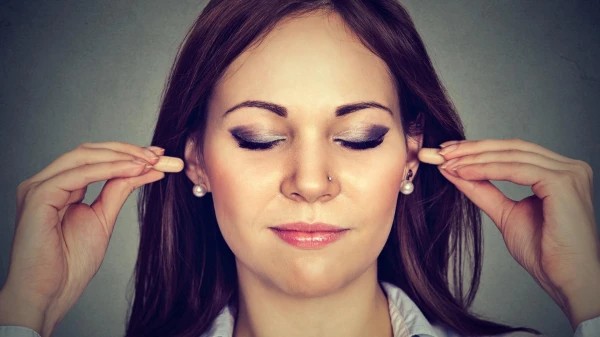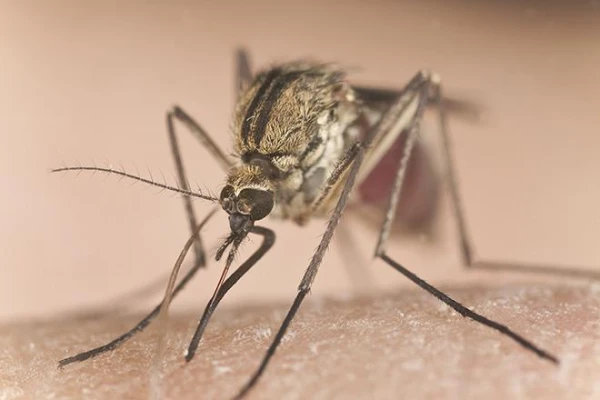
Secrets of Healthy Aging: What Happens in the Body and How to Help It.
How We Age Biologically
Cellular Aging
Throughout our lives, our cells undergo a constant process of division, and their telomeres, protective caps at the ends of chromosomes, gradually shorten. This is related to the problem of finite replication — a phenomenon where DNA polymerase cannot fully replicate the ends of linear molecules. When telomeres reach a critical length — we age.
Oxidative Stress
Free radicals released during cellular metabolism create a cascade of molecular reactions that can damage proteins, lipids, and DNA. This oxidative pressure disrupts cellular function, and we begin to age. It all depends on the balance between antioxidants and free radicals — the more radicals, the higher the risk of vulnerability to age-related diseases.
Inflammation and Immune System Dysfunction
Aging causes complex changes in our immune system, often leading to chronic inflammation. This inflammation occurs for one reason: as we age, our immune system undergoes a process called immunosenescence, during which its effectiveness declines. A weakened immune system makes us more vulnerable to infections and inflammatory diseases.
Physiological Changes — Why We Age
Cardiovascular System
As people age, the walls of the arteries become stiffer, contributing to increased blood pressure and reduced vascular compliance. Cardiac output decreases, and the heart may undergo structural changes, such as left ventricular hypertrophy. These changes increase the risk of cardiovascular diseases: hypertension, ischemic heart disease, and heart failure.
Nervous System
We age, and brain volume decreases — especially in areas related to memory and executive function. Levels of neurotransmitters may fluctuate, also affecting mood regulation and cognitive abilities.
Endocrine System
Levels of growth hormone, testosterone, estrogen, and thyroid hormones decrease with age, contributing to changes in body composition, energy levels, and sexual function. Hormonal imbalance can increase the risk of metabolic disorders, such as diabetes and thyroid dysfunction.
We Age, but We Can Age Right
Nutrition:
-
Follow a balanced diet rich in fruits, vegetables, whole grains, lean proteins, and healthy fats.
-
Include colorful fruits and vegetables high in vitamins, minerals, and antioxidants.
Choose lean sources of protein: poultry, fish, legumes, and tofu. They provide essential nutrients without excess saturated fats.
Limit the consumption of processed foods, sugary snacks, and high-calorie beverages — these contribute to inflammation, oxidative stress, and metabolic dysfunction.
Drink plenty of water throughout the day — it supports digestion, circulation, and overall cellular function. About 25-30 ml per kg.
Physical Activity and Exercise:
-
Engage in regular physical activity: aerobic exercises, strength training, flexibility, and balance exercises.
-
Aim for at least 150 minutes of moderate-intensity aerobic activity or 75 minutes of high-intensity aerobic activity per week. It is recommended to exercise at least 2-3 times a week.
-
Find enjoyable alternative activities. For example: walking, swimming, cycling, dancing, or gardening — they promote cardiovascular health, muscle strength, and joint flexibility.
Brain Health and Cognitive Stimulation:
-
Activities that stimulate cognitive functions are vital for you. Reading, puzzles, games, learning new skills, and socializing — all help not only to develop but also to avoid aging.
-
Stay mentally active by challenging yourself with new tasks, hobbies, and intellectual activities that require problem-solving, creativity, and critical thinking.
-
Prioritize sleep and relaxation to support memory consolidation, emotional regulation, and cognitive processing of information.
-
Practice mindfulness, meditation, and stress management techniques to reduce anxiety, improve concentration, and enhance overall well-being.















Leave a comment